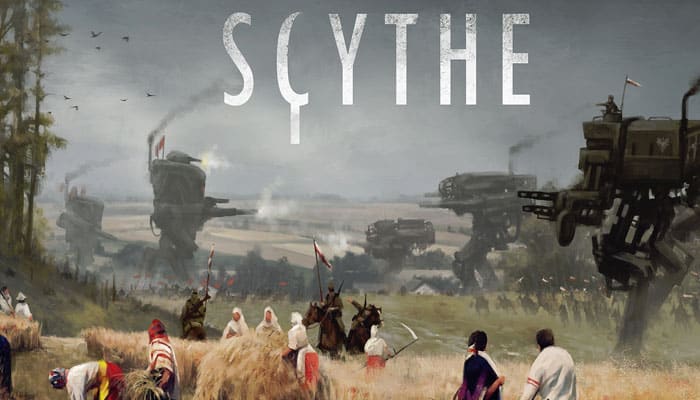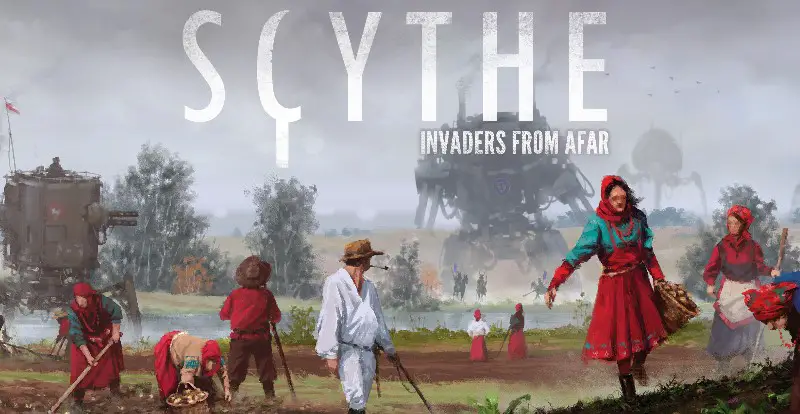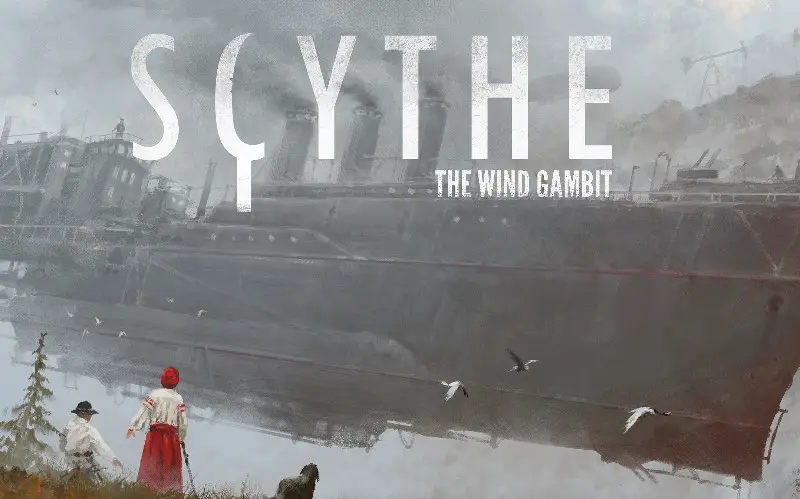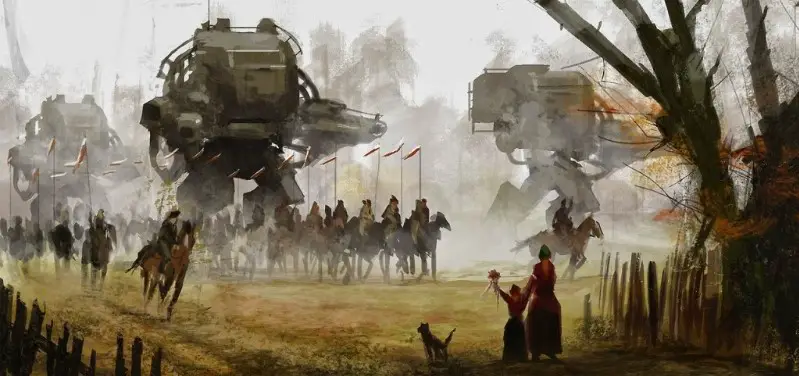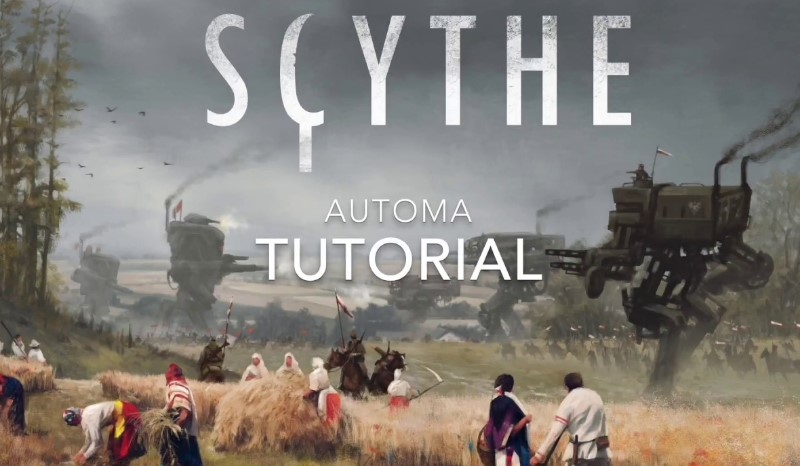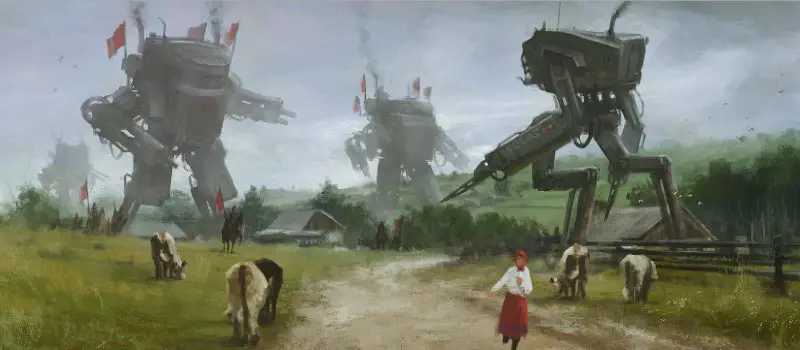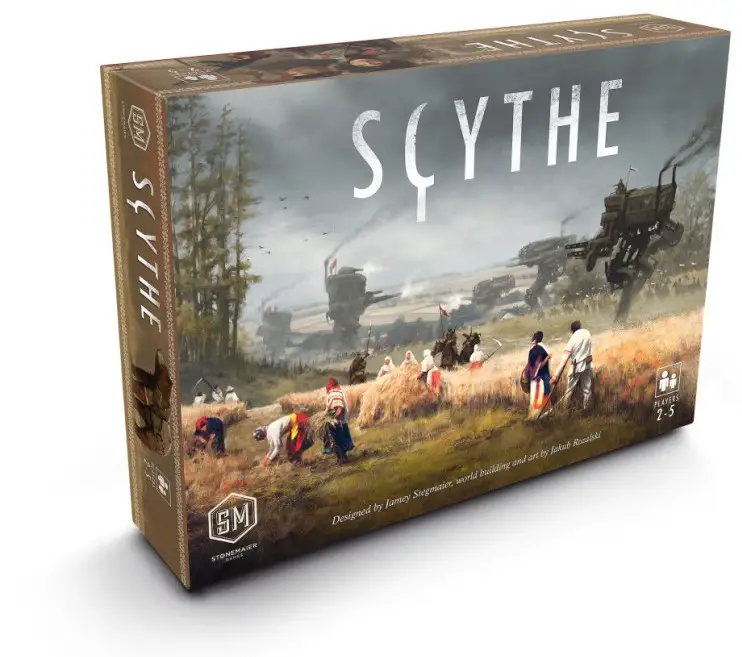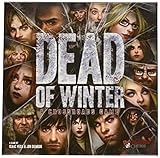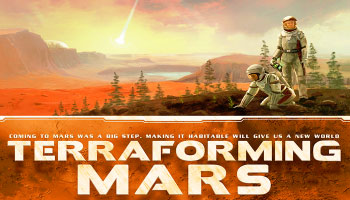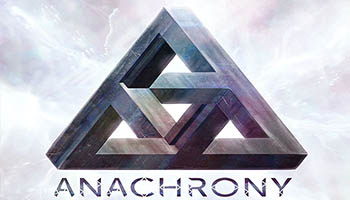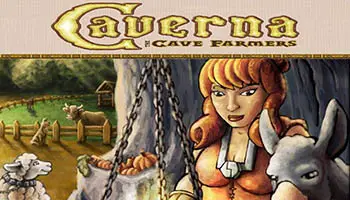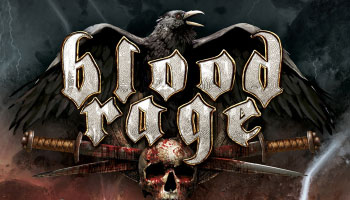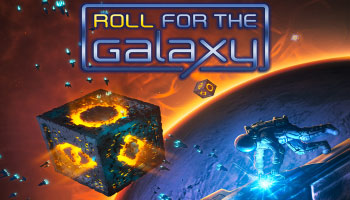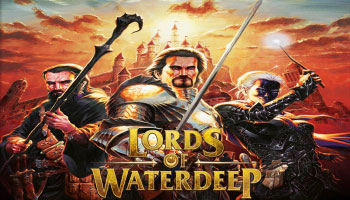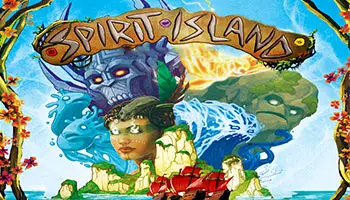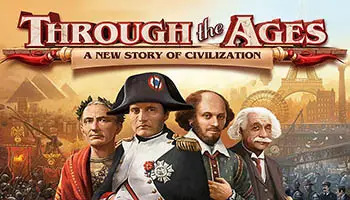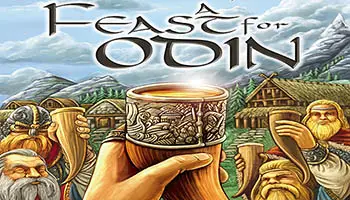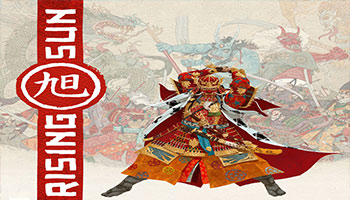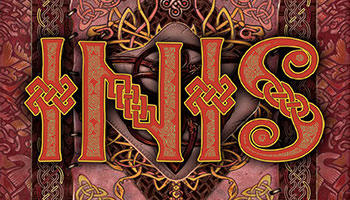Scythe is an engine-building game set in an alternate-history 1920s period. The game is competitive for 1-5 players. The game takes place on a hexogonal-tiled map of Eastern Europe.
Every player represents a character from one of five factions trying to earn a fortune and claim their faction's stake. Scythe is a complex game as you need to conquer territory,
enlist new recruits, get resources, build structures, gain villagers and activate monstrous mechanized robots.
The goal of the game is to earn more coins and achievements. This are simple missions like having a fully upgraded mech, or getting all the top action upgrades done, etc.
At the start, each player begins different resources (power, coins, combat acumen, and popularity), a different starting location, and a hidden goal.
You get 6 wooden stars that will be placed on the central board by completing achievements. i.e. You can build 4 mechs and once you have built them all, you put a star on the board. Win a combat,
you get a star. Get your works on the board, you get a star, etc..
In Scythe, the players need also to keep an eye on their popularity. Popularity acts as a score multiplier. The higher you are on the popularity track, the more points you’ll get for
your stars, hexes, and resources.
Most of the action don't take place on the main board but on the smaller two-part player board. It has a top half called the leader. This tells you a starting location, your special
powers and mech upgrades.
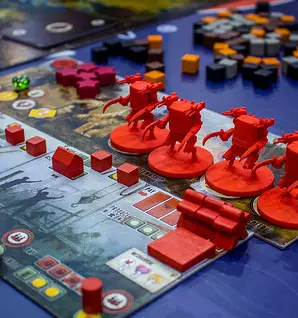
The bottom half has etails what kind of society you have. It tells you actions you can do like moving, trading, production and arming your forces. When you do one
of these actions, you can do a second action detailed on the bottom, which is either upgrading your actions, building a building or a mech or recruit a villager.
All these bottom actions upgrade your player board and a building or a mech to the main board.
The combat is driven by choices, not luck or randomness. Even that you can have a lot of conflicts between the players, there is no player elimination.
The game ends if a player can claim 6 achievements. The coins are awarded for the achievements, territory, popularity and resources. The player with the most coins wins.
You can earn coins through general play, but a big chunk of your fortune comes from the stars (achievements) you’ve placed on the board, the hexes you control, and the resources you have
produced.
Scythe is a game of exploration, expansion, control and even a little combat. The game offers depth and a lot replayability. The players have almost complete control over their fate and the
factor luck is limited (only the "encounter" cards that provides the player several options).
The game is also an area control game and a resource management game. Overall, Scythe is a puzzle and a very good one.
